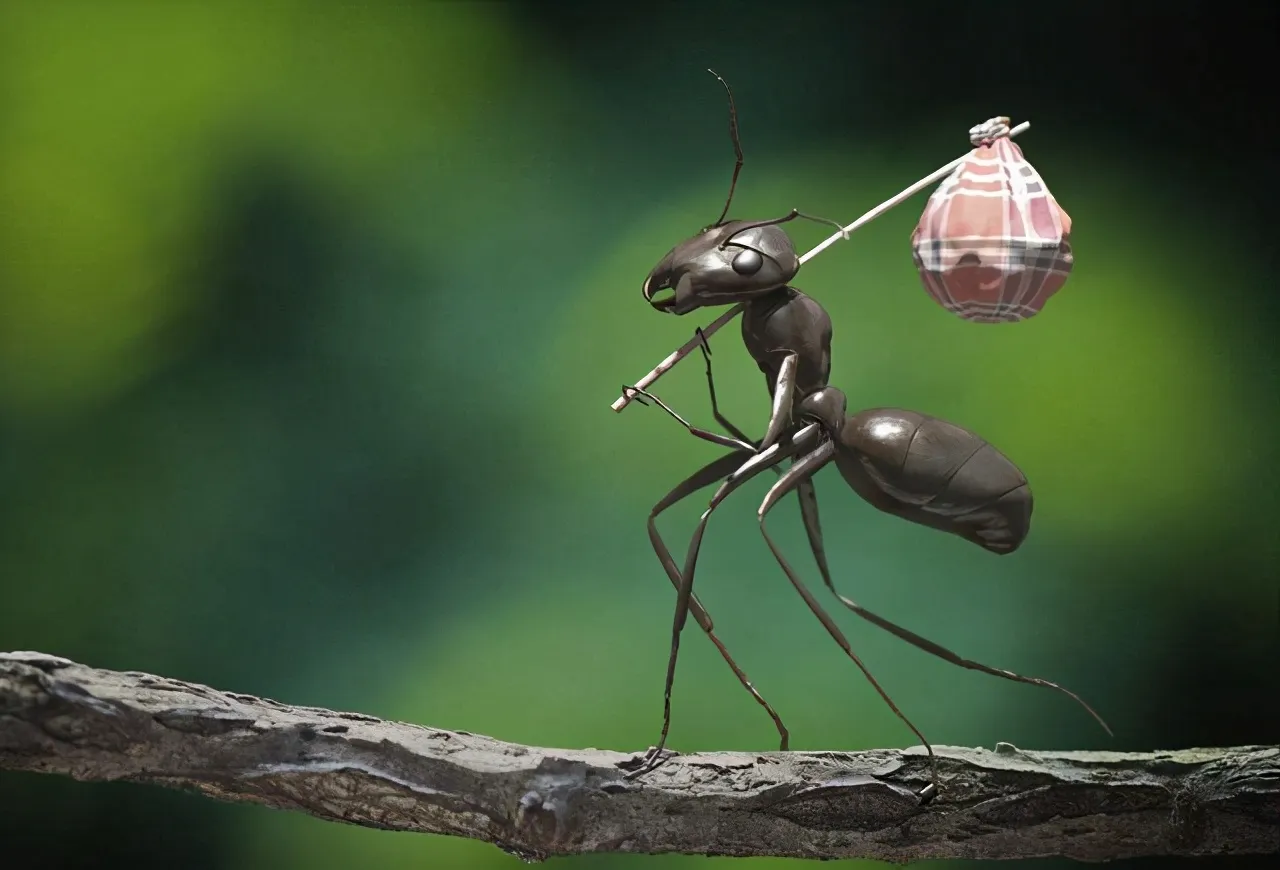Ants are one of the most common insects on Earth. They are widely distributed, have diverse lifestyles, and are known for their highly socialized group life. Many people may think that ants are small and must have a short lifespan, but in fact, the lifespan of ants varies according to their species, class (function), environmental factors, etc. How long do ants live? How much difference is there in the lifespan of different types of ants? What factors affect the survival time of ants? This article will explore these issues in depth and uncover the secrets of ant lifespan.

The lifespan of ants is affected by biological factors and environmental factors. The following are the key factors that affect the lifespan of ants:
In an ant colony (ant nest), individuals have different functions and their lifespans vary greatly.
Queen Ant (Queen Ant): The longest lifespan, can live 5-30 years, some species of queen ants can even live longer.
Worker Ant (female, non-reproductive): The lifespan is generally several months to 3 years.
Male Ant (die after mating): Usually only live a few days to a few weeks, and die after completing the mating task.
Different species of ants have different life spans, for example:
Black Ant (Lasius niger, Black Ant): The queen ant can live 15-20 years, and the worker ant is about 1-2 years.
Red Fire Ant (Solenopsis invicta): The queen ant can live 5-7 years, and the worker ant only a few months.
Leafcutter Ants (Atta spp.): The queen ant lives for 10-15 years, and the worker ants live for 1-2 years.
Army Ants (Dorylus spp.): The worker ants live for only several months, but the queen ants can live for more than 10 years.
The living environment of ants also affects their lifespan:
Wild Environment: Faced with natural enemies, climate change, and food shortages, their lifespan is relatively short.
Artificial breeding: In a stable laboratory or home breeding environment, ants usually have a longer lifespan because they are better protected and have better food supply.
Ants face many natural enemies, such as birds, spiders, anteaters, etc. In addition, natural disasters such as heavy rains, floods, and extreme temperatures may also shorten their lifespan.
The queen ant is the core of the ant nest and is usually the longest-lived individual.
Once the queen ant successfully establishes an ant nest, it can continue to lay eggs for several years or even decades, ensuring the reproduction of the ant colony.
Studies show that the queen of the black ant (Lasius niger) can live up to 28 years, making it one of the longest-lived ants known.
The queen ant does not participate in the battle, and mainly stays deep in the nest, with food and protection provided by worker ants, so the survival rate is relatively high.
animal tags: ant
We created this article in conjunction with AI technology, then made sure it was fact-checked and edited by a Animals Top editor.